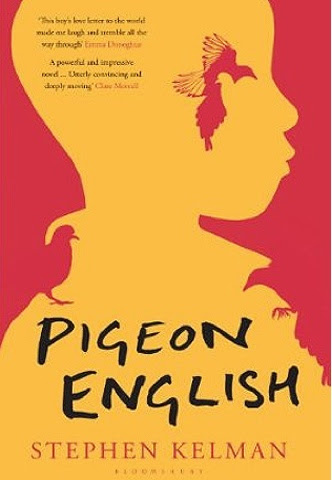About the Author:Edmund de Waal was born in 1964. He studied English at Cambridge University and ceramics in both England and Japan. He is best known for his large scale installations. Edmund is also known as a writer. His recent book, The Hare with Amber Eyes, which traces his family history, has been an international bestseller and won many literary prizes
The Hare with the Amber Eyes follows the story of his family the Ephussis. a Jewish family who originally came from Odessa and were a wealthy European Banking dynasty. Story traces their migration from the fashionable Art culture of Paris through to Vienna Society. They build a considerable art collection of contemporary artists of the time, such as Manet and through the years the gather a large collection of Netsuke which they display in a glass cabinet.
The Ephussis lost almost everything in 1938 when the Nazis "Aryanized" their property.[1] Even after the war, the family failed to recover most of its extensive property, including priceless artwork, but an easily hidden collection of 264 Japanese netsuke miniature sculptures was miraculously saved, tucked away inside a mattress by Anna, a loyal maid at Palais de Ephussis in Vienna during the war years. The collection has been passed down through five generations of the Ephussis family, providing a common thread for the story of its fortunes from 1871 to 2009.
Mary felt the book developed extremely slowly however enjoyed reading the contextualised historic events and connections that came out as the story progressed. There was a discussion as to why Viktor did not leave until the Nazis raided his house and the group believed that the family and the Jewish Society had integrated and assimilated and no longer saw themselves as Jewish or indeed the Jews that that the Nazis referred to. This was certainly apparent in Viktor. There appeared to be be a degree of arrogance within some of the community.
Rolf knew Vienna well as his wife was Viennese. He challenged some of the descriptions of the Ringstrasse. He enjoyed the story but felt that this marred and detracted from its authenticity.
Rob really enjoyed the book and thought it was well written, however he felt that his positioning of himself in the book as a potter was perhaps a bit arrogant and it was irrelevant. The Proust quote was a element of social commentary. Karen disagreed that the reference to his being a potter as irrelevant, indeed it was very relevant and made connection and drew parallels when he described book shelves with pots lined up on them. Gaynor said that this was a link to the families love of art in this reference and a connection to his memory of the Netsukes. .
Debra did not finish the book but enjoyed what she read.
Rolf was irritated by the fact that Edmund's visit to Odessa was not dated and he felt this was distracting and detracted from his enjoyment.
Overall the group loved this book and were quite surprised by the extent to which Vienna was founded on Jewish wealth and their influence on the intellectual scene. In 1900 Vienna was the cultural centre.
The books offered by Mike and Lorraine :
Jennifer Egan - A Visit from the Goon Squad
Peter Aughton - The Transit if Venus
David Wroblewsk - The story of Edgar Sawtell
C S Lewis - That Hideous Strength
Dashiell Hamnett - The Continental Op
Peter James - Dead Tomorrow
William Boyd - Ordinary Thunderstorms
The book chosen is:
Dashiell Hamnett - The Continental Op




